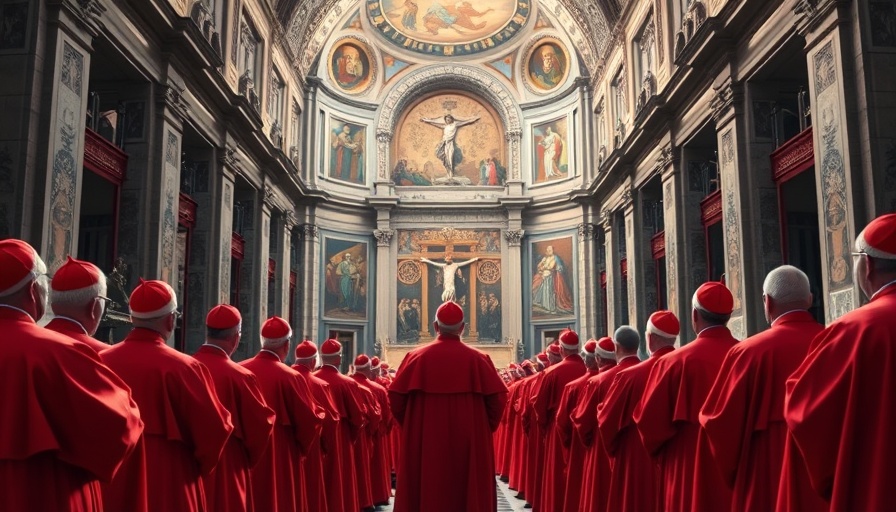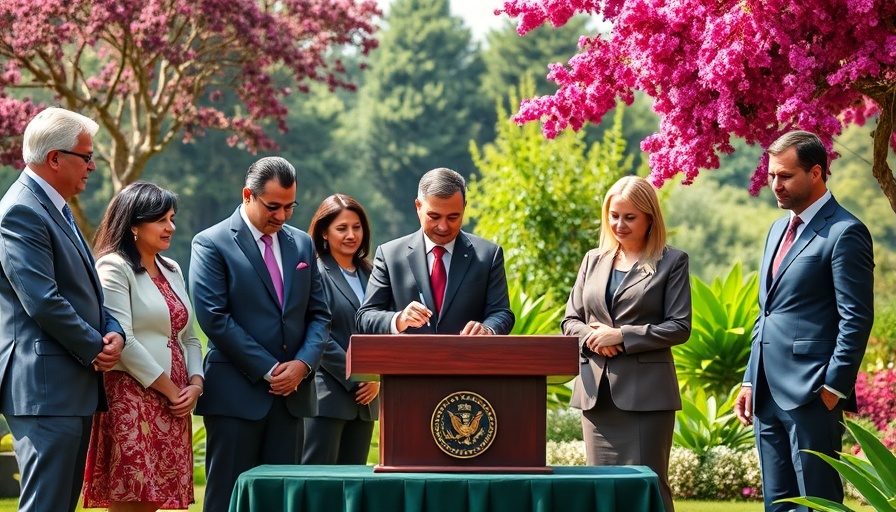
Understanding the Selection of the Next Pope
Choosing the next pope is an important process for the Catholic Church, and it involves something called a conclave. This term comes from the Latin word for "with a key," suggesting that the cardinals are locked away until they make a decision. When a pope dies or resigns, such as in the case of Pope Benedict XVI, the College of Cardinals gathers in Vatican City to elect a new leader who will guide millions of Catholics around the world.
The Role of Cardinals
Only cardinals under the age of 80 can vote, making the pool of potential electors smaller. This is essential for ensuring that the cardinals are both engaged and able to lead the Church. During the conclave, the cardinals participate in daily masses and discussions, praying for guidance from the Holy Spirit as they severely consider who should take up the sacred role. The voting process consists of several rounds, where a candidate must receive two-thirds of the votes to be elected. If no one is chosen, they return to their discussions and vote again, sometimes leading to several rounds of voting.
Why the Timing Matters
The timing of this election is significant for many reasons. Following a long and complicated papacy or a period of crisis can influence the type of leadership that is needed. The new pope might focus on issues ranging from internal Church reform to addressing global social problems like poverty or climate change. As faithful families monitor these developments, understanding how leadership is chosen becomes more than just a matter of tradition; it reflects their hopes for future guidance and the direction of their faith communities.
Involving Families in the Conversation
As families with a strong Christian foundation, discussions about the next pontiff can open conversations about values, beliefs, and community. It’s important for family members, especially children, to understand how the Catholic Church operates and how significant decisions are made. This can serve as an opportunity for parents to share their own faith experiences and hopes within the context of their spiritual journeys.
Overall, the election of a new pope is a momentous occasion, not only for the Catholic Church but also for Christian families everywhere. Understanding this process can deepen intergenerational connections and promote meaningful discussions about faith and unity.
 Add Row
Add Row  Add
Add 








 Add Row
Add Row  Add
Add 

Write A Comment